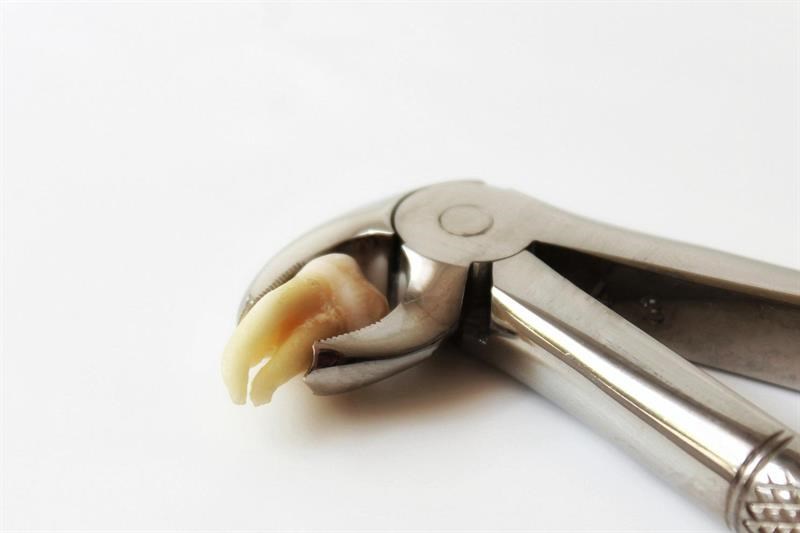Lockdown forces Brits to become their own DIY dentists
Published: 19/01/2021
An investigation by the Oral Health Foundation and Colgate shows that over half (55%) of British adults feel they have neglected their teeth during lockdown.
Around one-in-six (15%) admit to not brushing their teeth as much as before the pandemic while almost one-in-five (19%) say they haven’t been brushing their teeth twice a day.
According to the research, lockdown has also fuelled unhealthy eating and drinking habits.
One-in-five (20%) adults are now eating unhealthier foods and more than one-in-ten (11%) have been drinking more alcohol.
New data also shows more than 30 million adults in the UK have one or more fillings – an indicator of the prevalence of dental caries in the UK. Analysis of the data suggests that as much as 84% of the population could be at increased risk of caries.
To help patients identify their risk of dental caries and help them prevent it, the Oral Health Foundation has launched a new online hub – The Truth About Tooth Decay – with the support of Colgate.
Chief Executive of the Oral Health Foundation, Nigel Carter OBE, believes more must be done to educate and motivate patients to prioritise their oral health.
Dr Carter said: 'A worrying number of patients have neglected their oral health during the pandemic. This could have potentially lasting consequences, not only for the health of their mouth but for their general wellbeing also.
'The public’s awareness of what causes dental caries and how to prevent it, remains poor. Yet, preventing oral diseases like caries is completely in their own hands. All it takes is the correct care.
'Dental professionals have a key part to play in the education, prevention and management of dental caries inside and outside of the practice setting. As part of the campaign, there are lots of patient-facing resources to download and share to help raise awareness of dental caries. We believe this can have a significant impact on dental caries outcomes.'
Within the site, there is a dedicated portal for dental professionals.
The area includes guidance on how the dental team can help improve a patient’s awareness of caries, along with strategies for preventing caries, especially in moderate-to-high risk patients.
There is also advice about some of the treatments available, such as high fluoride toothpastes, and information about remote consultations and triage.
Scientific Affairs Project Manager at Colgate Emanuele Cotroneo, highlights the importance of the new online resource.
Dr Cotroneo said: 'As leader in oral care, Colgate has a fundamental role to play in improving people's oral health. Colgate exerts this role by means of technological innovations and by partnering with the dental profession in ways that help them to meet the needs of their patients.
'The collaboration with the Oral Health Foundation is an example of Colgate’s commitment to its role in improving oral health. It is clear from this survey that these challenging times have affected the oral health habits of the UK population.
'Colgate reinforces the message from the Oral Health Foundation that oral health should not be neglected as it is a crucial part of your wellbeing and tightly linked with overall health.'
The joint research also shows that almost one-in-five (18%) have not seen a dentist for over two years, not just because of lockdown.
Meanwhile, more than one-in-three (36%) have reported toothache during COVID-19, with nearly one-in-ten (9%) experiencing the pain for longer than two weeks.
To remedy this, a concerning number of patients are going online to find solutions to fix their own dental problems. The findings show almost one-in-four (24%) have been online to fix oral health problems at home.
'Most of us in practice would have experience with a patient who has attempted DIY dentistry,' adds Dr Carter. 'We are extremely worried by the number of people now attempting their own dental solutions at home. That’s why our aim with this new campaign is not only to raise awareness of dental caries but to help drive more people back in to the dental practice.
'Our findings tell us the people are still uncertain access to dentistry and about the safety of dental practices during COVID-19. We are here to reassure patients, and the general public who might not attend check-ups regularly, that dentistry is a safe place to go and that any problems should be dealt with by a trained and qualified professional.'
The Truth About Tooth Decay can be found at www.dentalhealth.org/thetruthabouttoothdecay.
Author: Julie Bissett












.jpg?width=150&height=100&scale=canvas)
